For Education Leaders
Get proven strategies and expert analysis from the host of the Learning Can't Wait podcast, delivered straight to your inbox.
Rural Education - Interview with Conrad Cantu & Mike Barrera
Fill Teacher Vacancies in Days
- State-certified experts averaging 15+ years experience
- Fully aligned to your curriculum & standards
- Scalable, cost-effective hybrid solutions
Rural Education - Interview with Conrad Cantu & Mike Barrera

In a continuation of our rural education miniseries, our host Hayley Spira-Bauer sits down with Conrad Cantu, Superintendent of Freer ISD and Mike Barrera, Superintendent of Premont ISD. With deep roots in their southern Texas communities, Cantu and Barrera both appreciate the richness and potential of rural areas and have high hopes for overcoming the challenges these districts face. Listen to it on the Learning Can’t Wait Podcast!
Ready to explore how innovative career pathways and community partnerships can transform your rural school district? Schedule your free consultation today and learn how Fullmind can help your students gain essential skills, certifications, and the confidence they need to succeed beyond graduation.
Key Takeaways
- Innovative Educational Programs: Both Mike Barrera and Conrad Cantu have significantly contributed to the Rural School Innovation Zone (RSIZ) by introducing diverse programs like medical academies, cybersecurity, and drone certification courses, ensuring students gain valuable skills and certifications for higher education and future careers.
- Challenges in Attracting and Retaining Educators: To address the challenge of attracting and retaining quality educators, superintendents Mike Barrera and Conrad Cantu emphasize the need for strong community support and competitive compensation packages, fostering a supportive culture that makes rural teaching positions more appealing.
- Community and Industry Integration: Mike and Conrad stress the importance of integrating industry into their educational programs and creating opportunities that extend beyond graduation. By incorporating local industries into the educational framework, the RSIZ is not only enhancing students' learning experiences but also contributing to the sustainability and growth of the local economies, creating a symbiotic relationship between education and industry in rural communities.
In the evolving landscape of rural education, there are new standards emerging as a result of administrator’s dedication to their students. Bridging the gap between traditional teaching and modern career readiness, an innovative group of Superintendents have joined together in partnership with the Rural School Innovation Zone (RSIZ) to bring opportunities into their rural communities. This thoughtful approach, combined with strong community support, is transforming rural schools into vibrant hubs of opportunity and growth.
Leading in Education Through Full-Circle Careers
Conrad Cantu’s Journey:
Cantu’s career, which includes over 20 years in education, began as a teacher and coach. Cantu had a brief tenure in administration before leaving the field to help manage an oil company during a boom. This experience outside education clarified his passion for teaching, leading him back despite the lucrative oil industry. Now, as a superintendent, Cantu's journey is a testament to the profound impact that self-discovery and diverse experiences can have on one’s dedication to education.
“That's probably the most important years of my career; when I left education… because it really gave me an idea of what I really wanted to do, and that was being in education,” shares Cantu.
Mike Barrera’s Deep Roots:
Barrera’s roots in education run deep, starting his career as an agricultural teacher in his hometown of Premont, Texas. After advancing his education and gaining extensive experience in career and technical education, Barrera returned to Premont as a superintendent. Barrera’s return symbolizes a full-circle moment, bringing national insights back to benefit his local community.
“It's been so enlightening to be here to be back after so many years, and then to be able to to bring what I've seen and been a part of… you know, that I saw all over the country are are now right here, and to be a part of that is is really big,” Barerra explains.
Education Innovation as a Way Forward
Through the partnership with the RSIZ, Barerra and Cantu have implemented groundbreaking programs in their districts that are transforming the educational landscape for rural students. Opportunities to obtain certifications in cybersecurity, drones, and medical specialties not only enhance student engagement but also prepare them for high-demand careers, bridging the gap between education and industry.
“We’re preparing them for the future with skills that are relevant and exciting.” — Mike Barrera, Superintendent, Premont ISD
The proactive approach has led to a significant increase in student engagement with these career-oriented programs, underscoring the positive impact of dedicated leadership in rural education. “Now we have a big bus going to the Zone,” jokes Cantu as he tells about his district’s rize in involvement.
Challenges in Attracting and Retaining Educators
One of the most significant challenges rural schools face is attracting and retaining quality educators. Both Barrera and Cantu acknowledge that competitive salaries are crucial but not always sufficient. Cantu candidly shares, “Our teachers come into the field, and they could easily go make more money doing something else.” In response, Texas’ teacher incentive allotment program has been a game-changer, allowing exceptional teachers to earn substantial bonuses.
Beyond financial incentives, building a supportive and engaging community is essential. Mike emphasizes the importance of creating a “culture of support” where teachers feel valued and part of the organization. By fostering a sense of belonging and offering continuous professional development, rural schools can create an environment where educators are motivated to stay and grow.
“It's a culture of support... they have to feel like they own a part of the organization. When they start to see the successes of the kids, it just adds to it all,” explains Barerra.
The Next Hurdle for Education
Despite the vast successes both Barrera and Cantu have witnessed in their districts, they understand there is still work to be done. “We have to kind of change our mindset into what we can do to give them opportunities while they're here and support them when they leave our building,” shares Cantu. He explains he sees students excel within the Zone courses and come graduation, some students don’t use their new skills to their full potential.
“The next work here is creating partnerships with industry and corporations. Once they recognize that we have a viable pipeline for training and certifications for our young workforce, they might relocate here, bringing jobs to the region,” agrees Barrera.
Advice for New Rural Educators: Three Things To Keep In Mind
The top three tips for new rural educators at all levels are:
1. Connect with the community around you
One of the greatest traits of a rural community is the human connection it brings. Creating a supportive and motivating community will translate into a better learning environment for the students and a more fulfilling life for the educator. Attending local events, engaging with families, and showing genuine interest in the community allows educators to understand their students at a higher level, as well.
2. Find enjoyment in your surroundings
Barrera and Cantu echo each other as they explain their love for rural communities. The close-knit community, support from their peers, and the beauty of southern Texas has kept them in the area for decades. They both encourage new rural educators to find peace in their slower-pace rural lives.
3. Remember your passion
Cantu encourages new educators to stay focused on the student’s best interests. He emphasizes the rewarding nature of education and continuing to search for the best opportunities for students. Barrera reminds educators how incredibly impactful teachers are on students, perhaps more so than the actual subject matter.
“When you have that passion to be an educator that shines through and it becomes very, very fulfilling,” Cantu shares. Barrera echos, “Always remember that the kids will remember you for what you do for them. If your heart's in it, you'll be fine.”
Conclusion
The experiences of Conrad Cantu and Mike Barrera illustrate the dynamic and evolving nature of rural education. Despite financial challenges and logistical hurdles, their dedication to creating a supportive and opportunity-rich environment for both teachers and students shines through. Their stories remind us that with passion, innovation, and a strong sense of community, rural education can thrive and provide students with the tools they need to succeed in an ever-changing world.
For Education Leaders
Get proven strategies and expert analysis from the host of the Learning Can't Wait podcast, delivered straight to your inbox.
Let’s Work Together
We’ll review your application and get in touch!

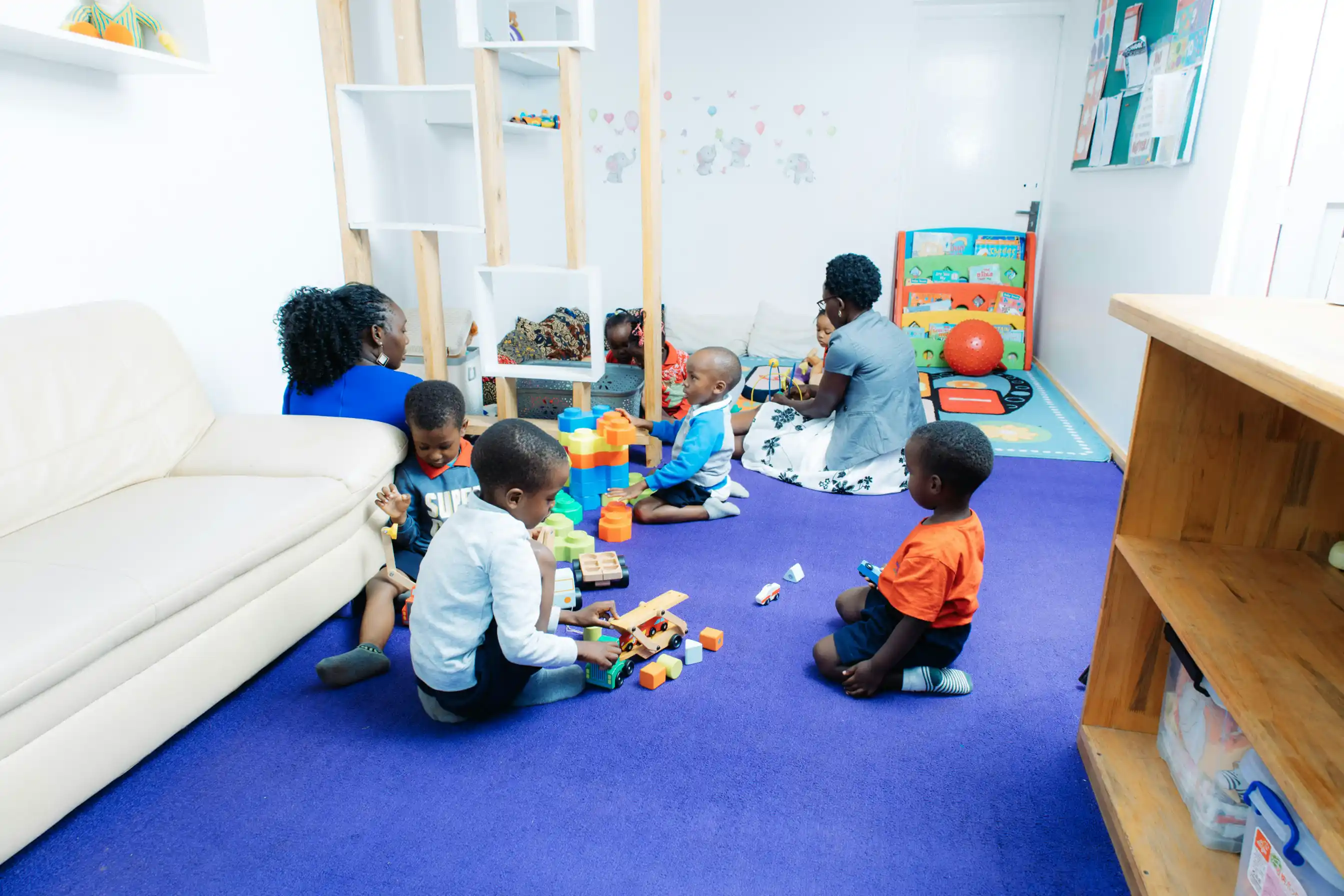
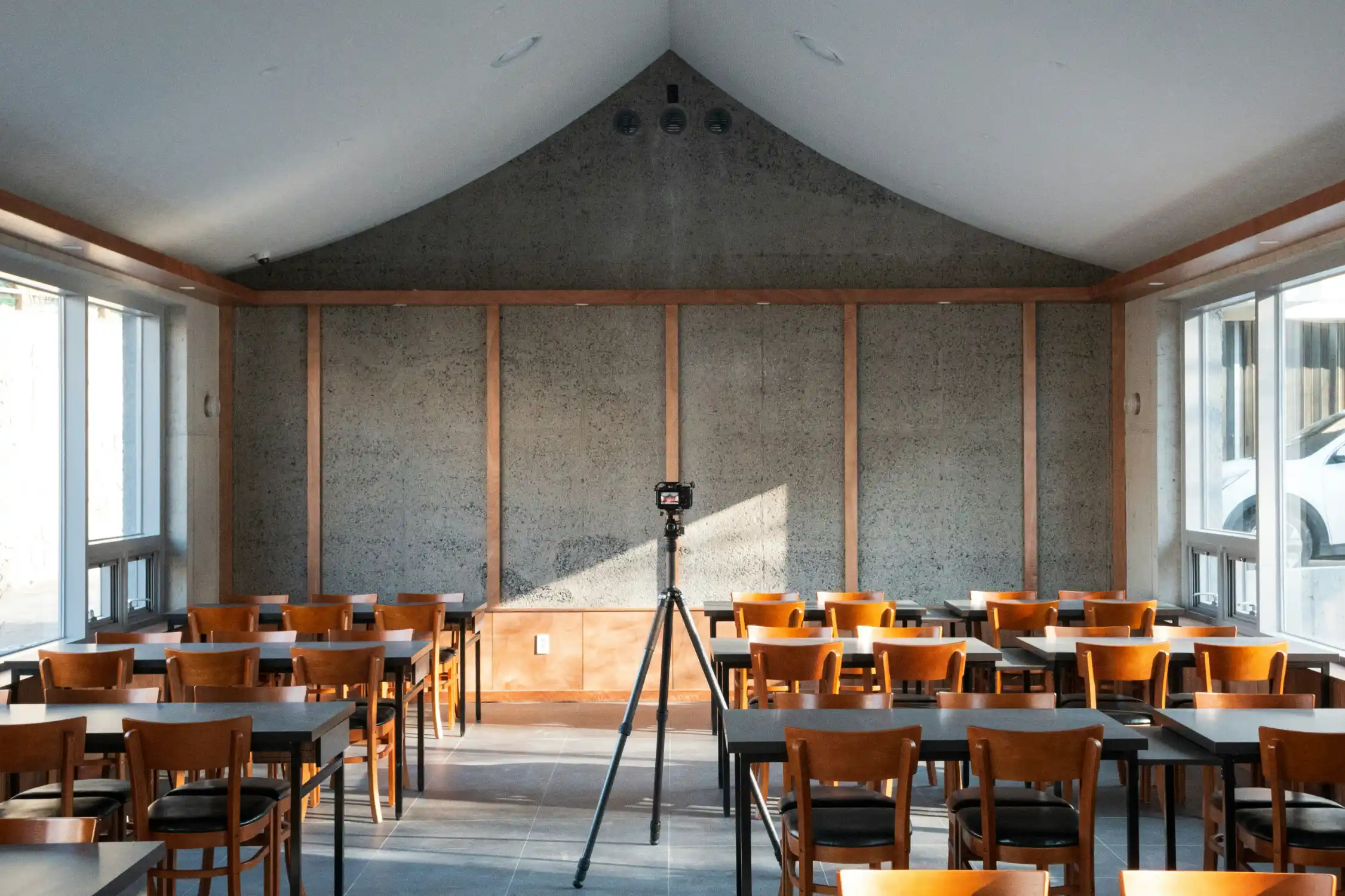
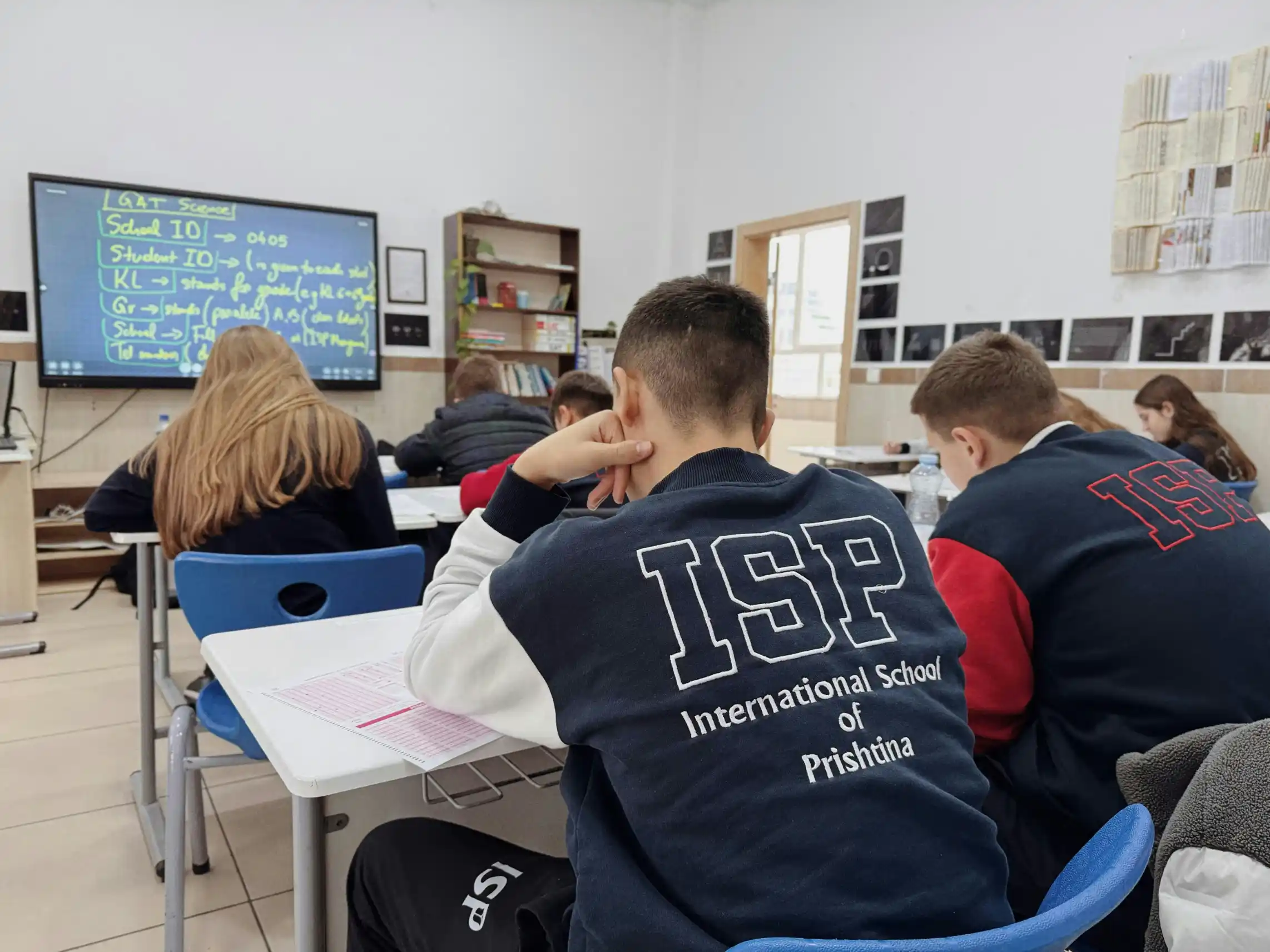
.webp)
.webp)


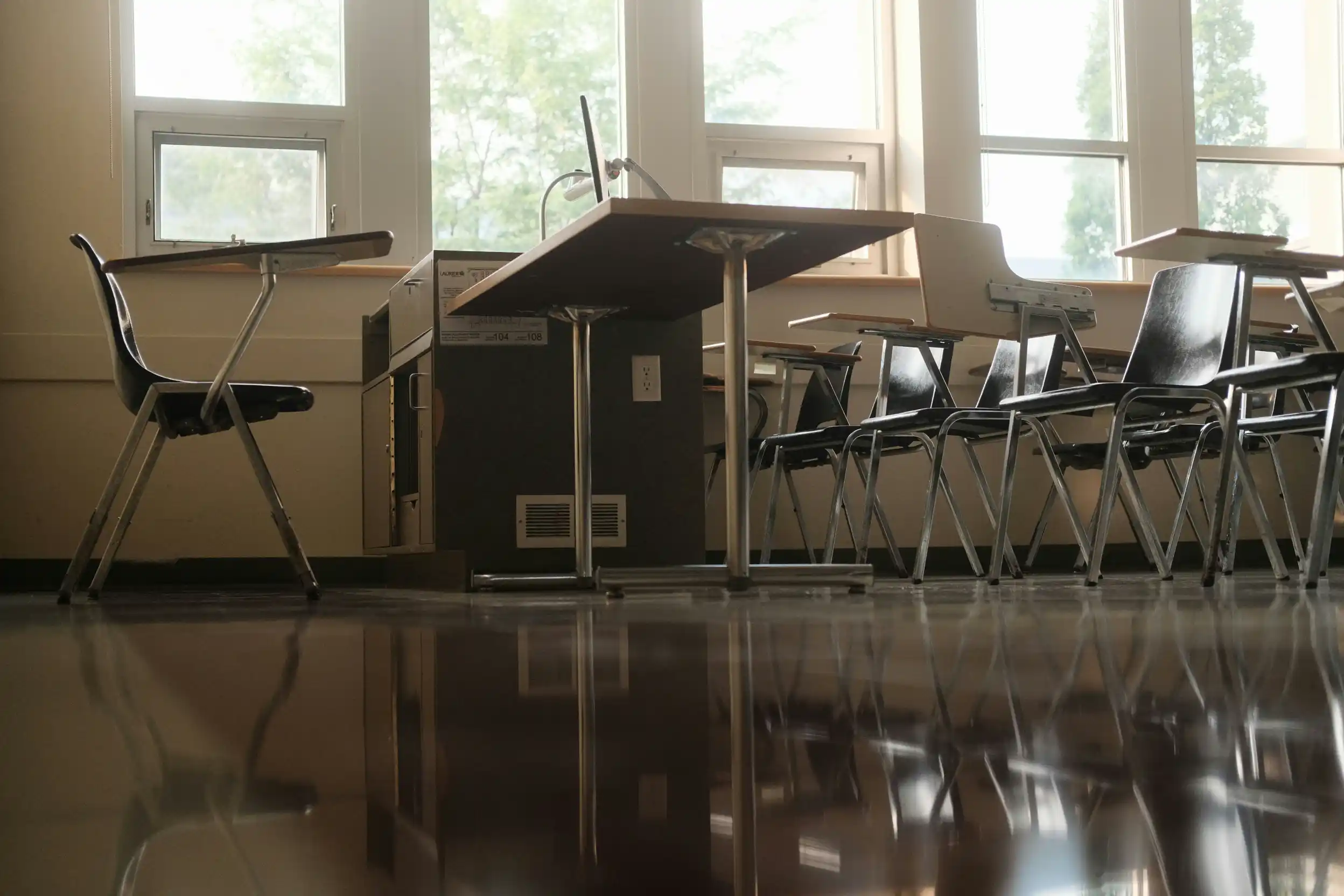
.webp)

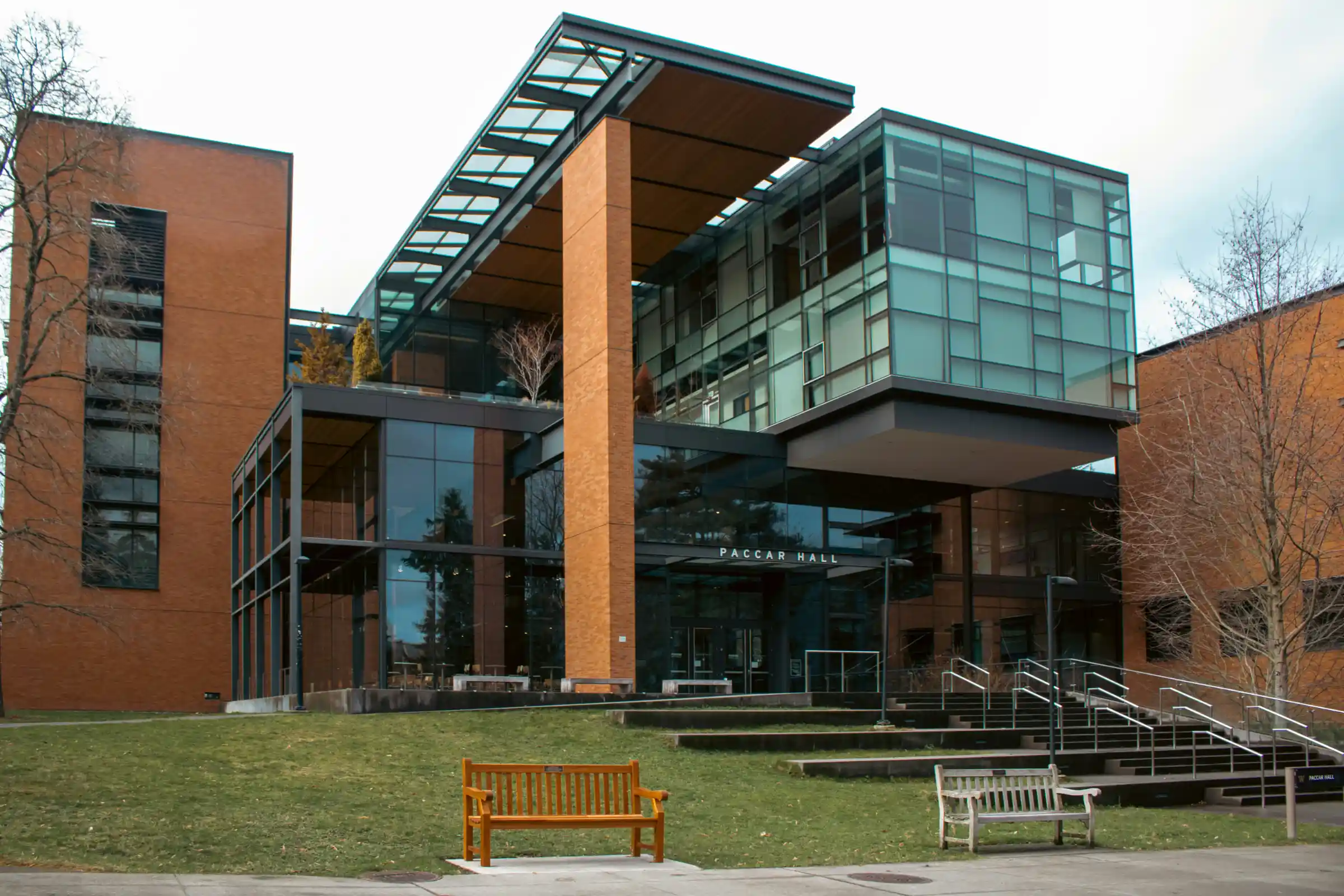

.webp)
.webp)
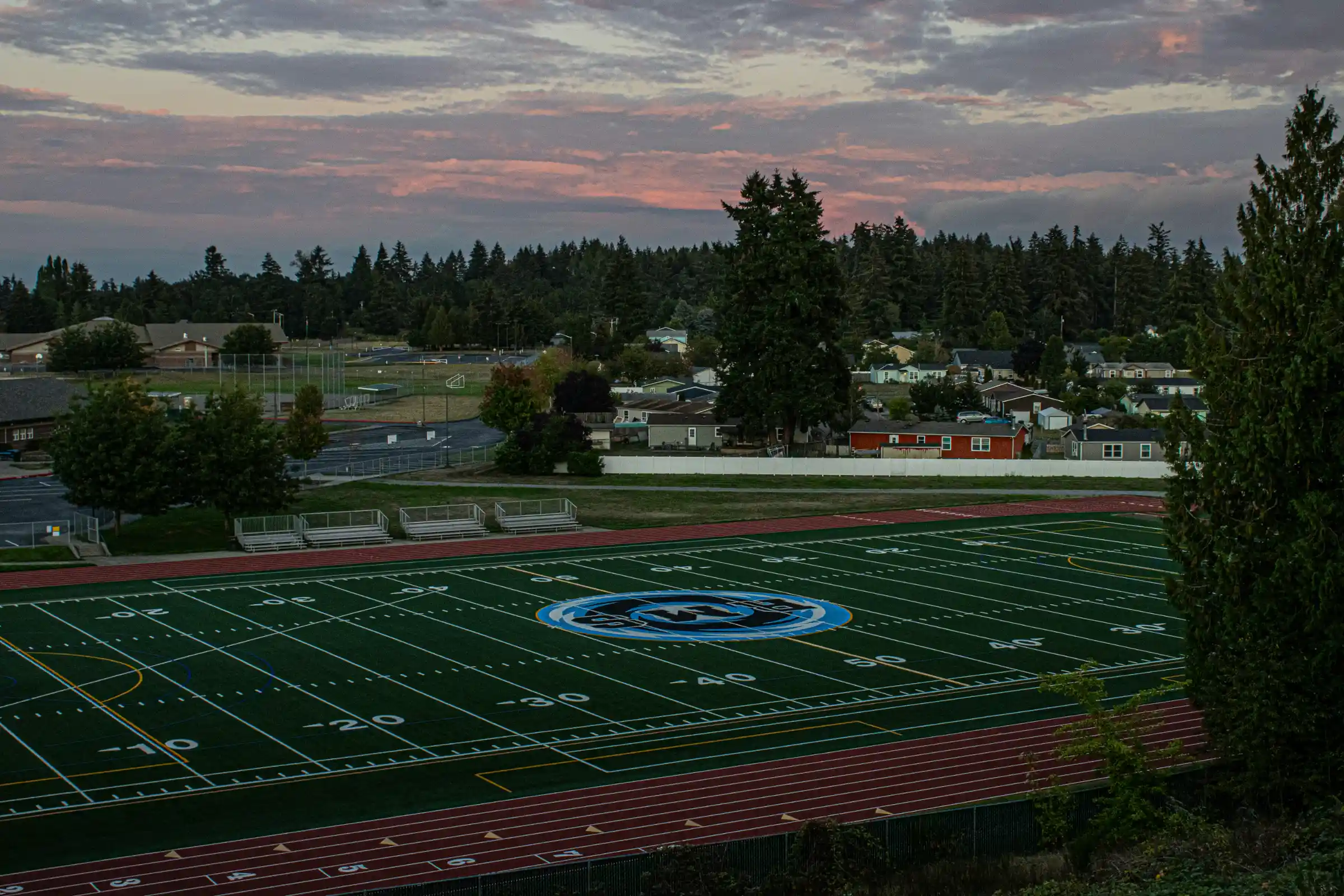

.webp)
.webp)
.webp)
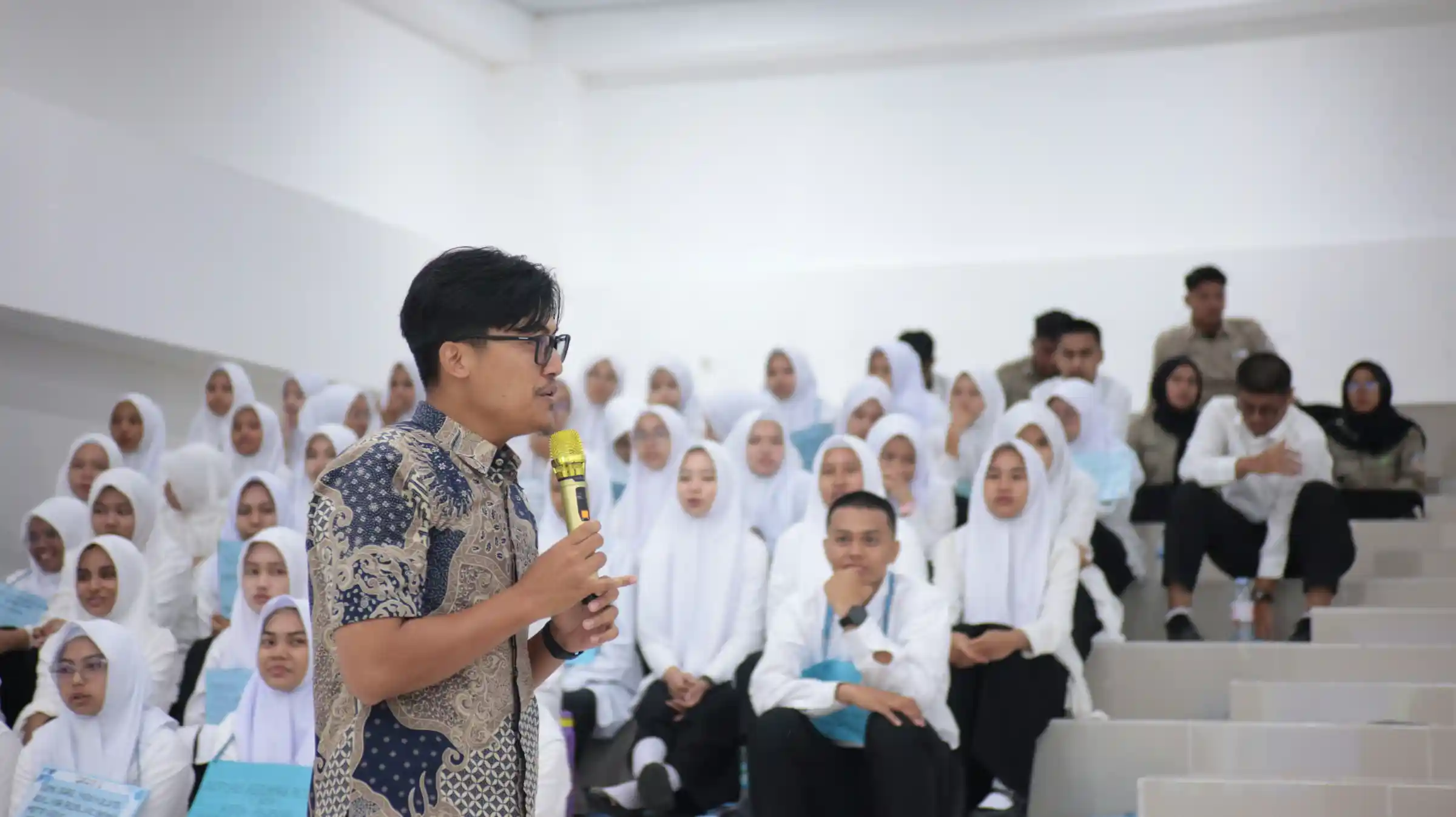



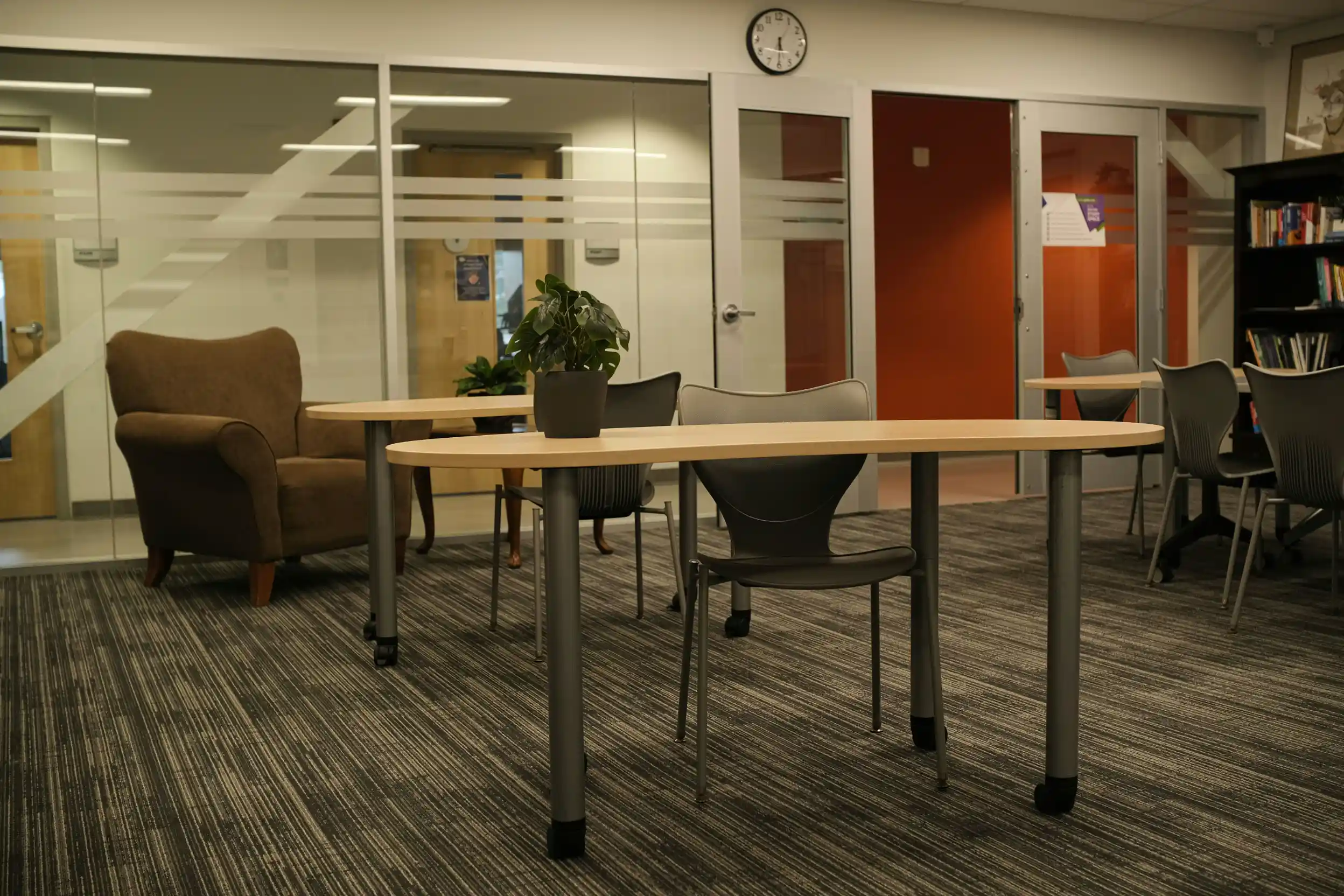
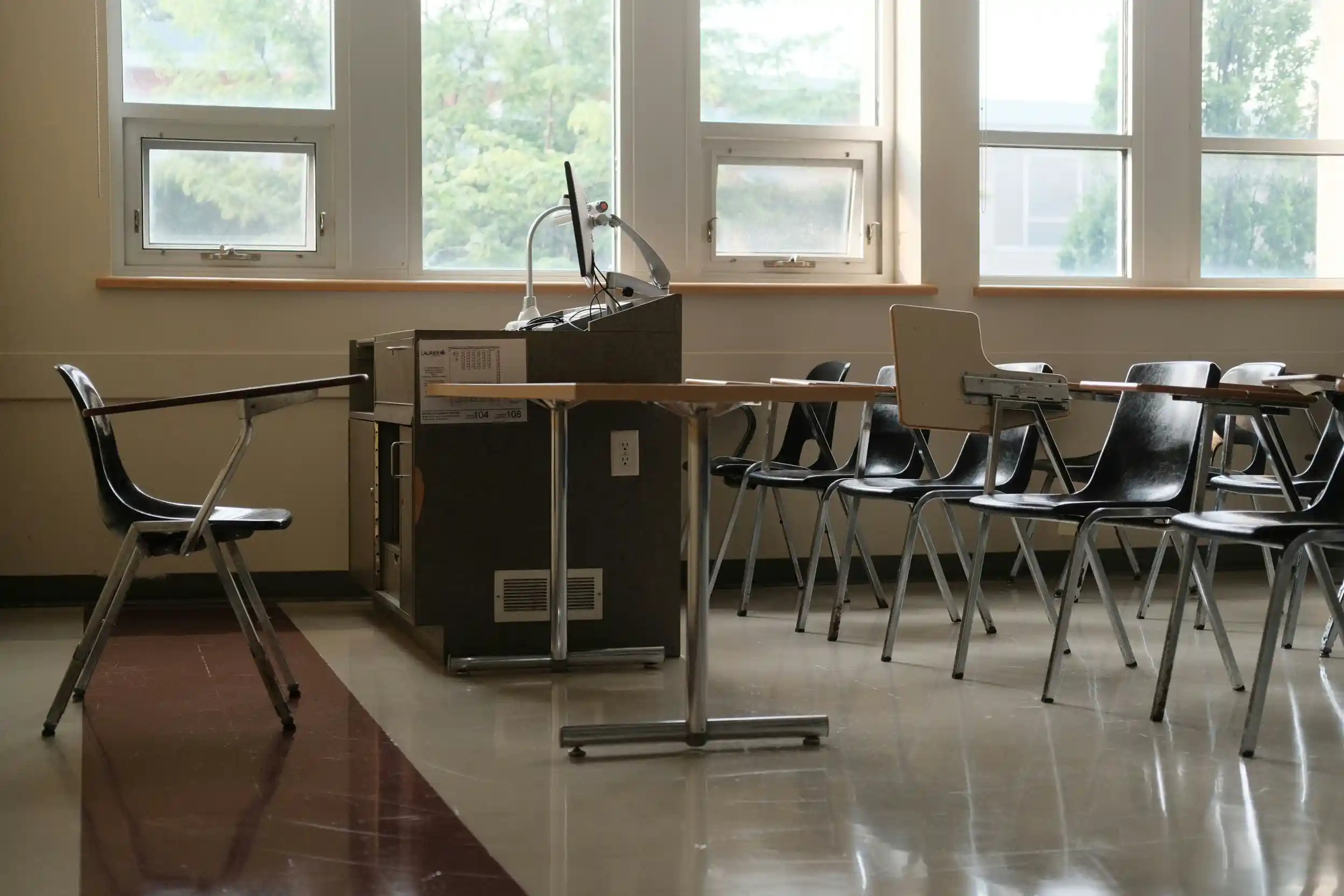
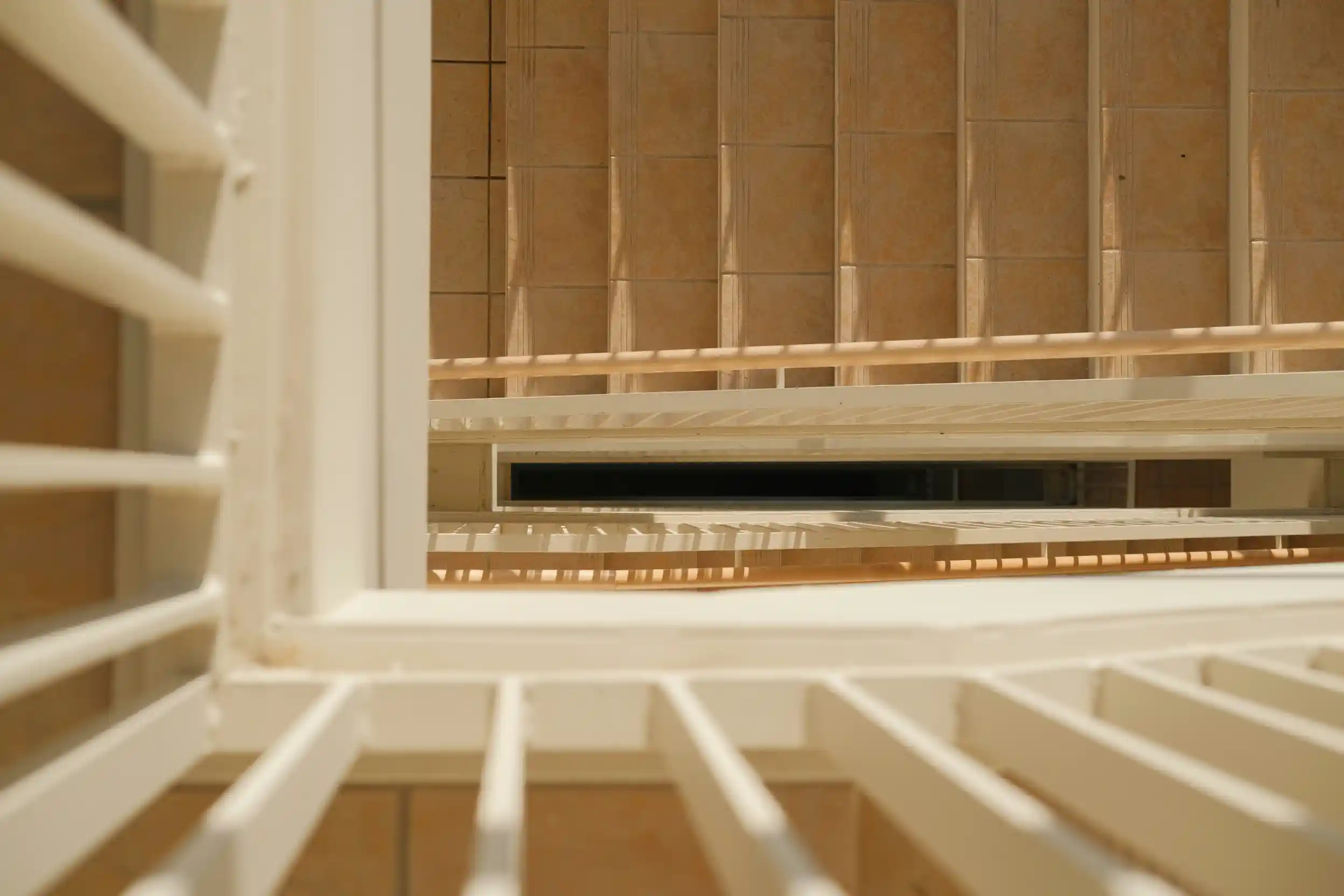

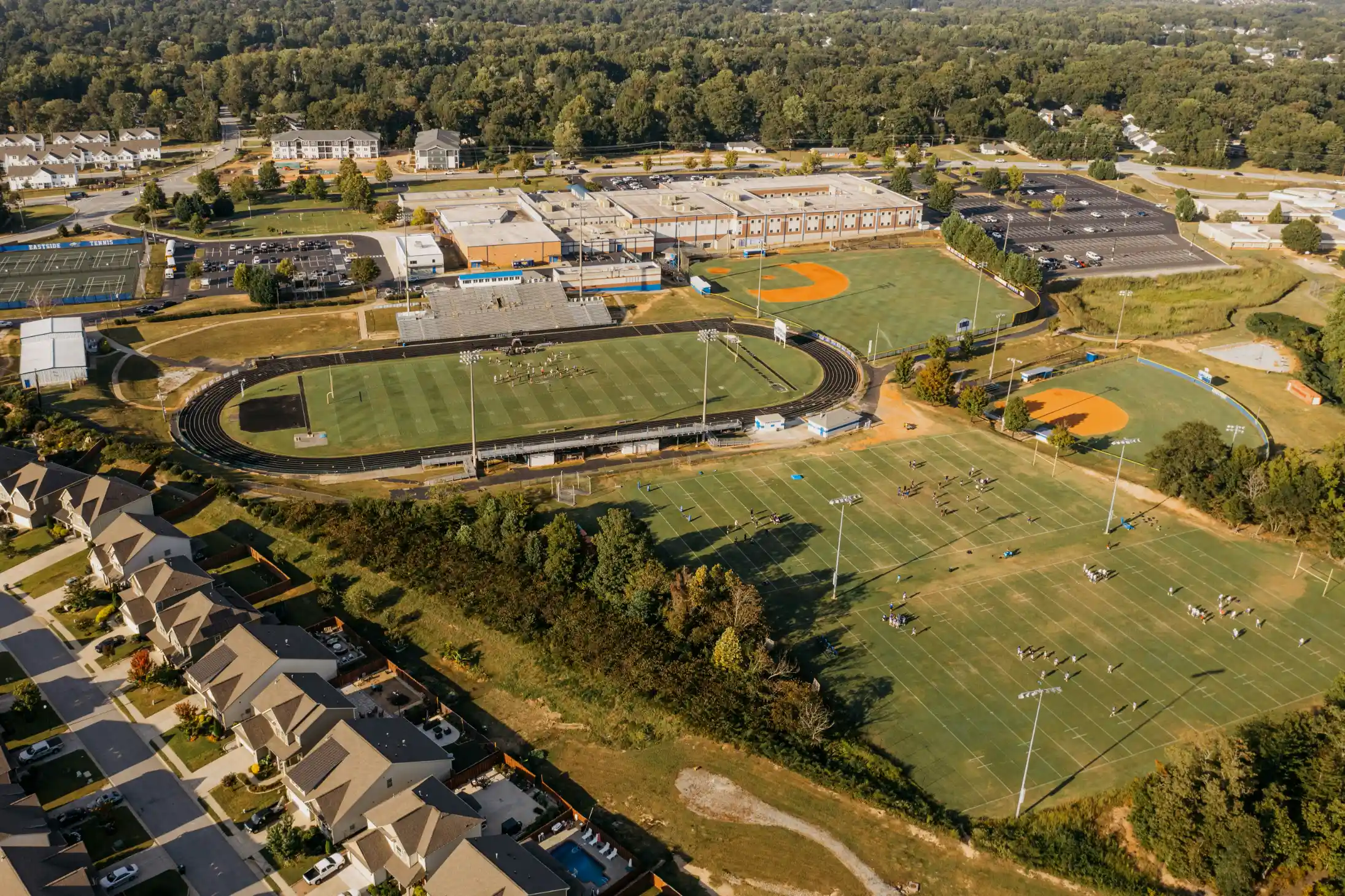





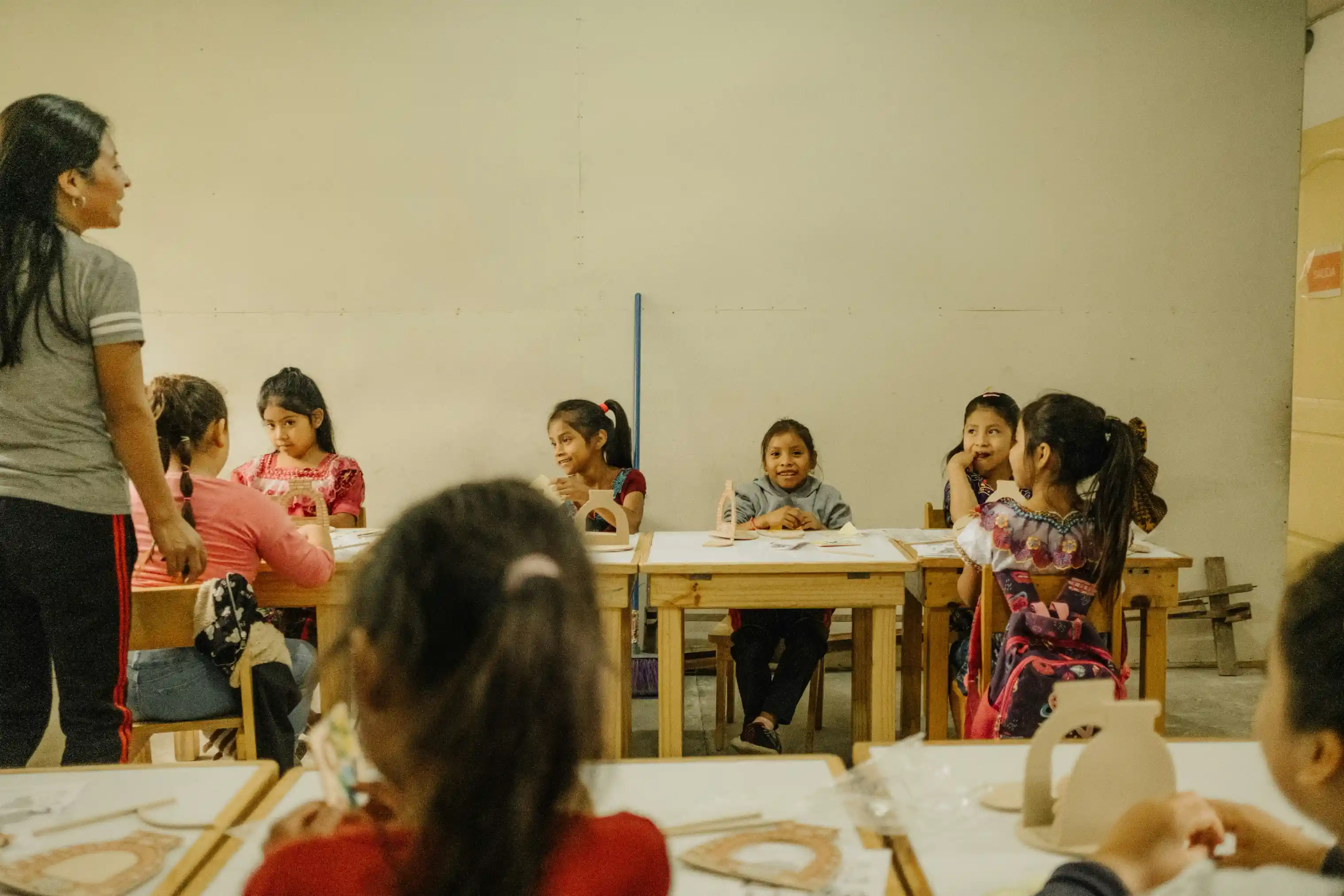






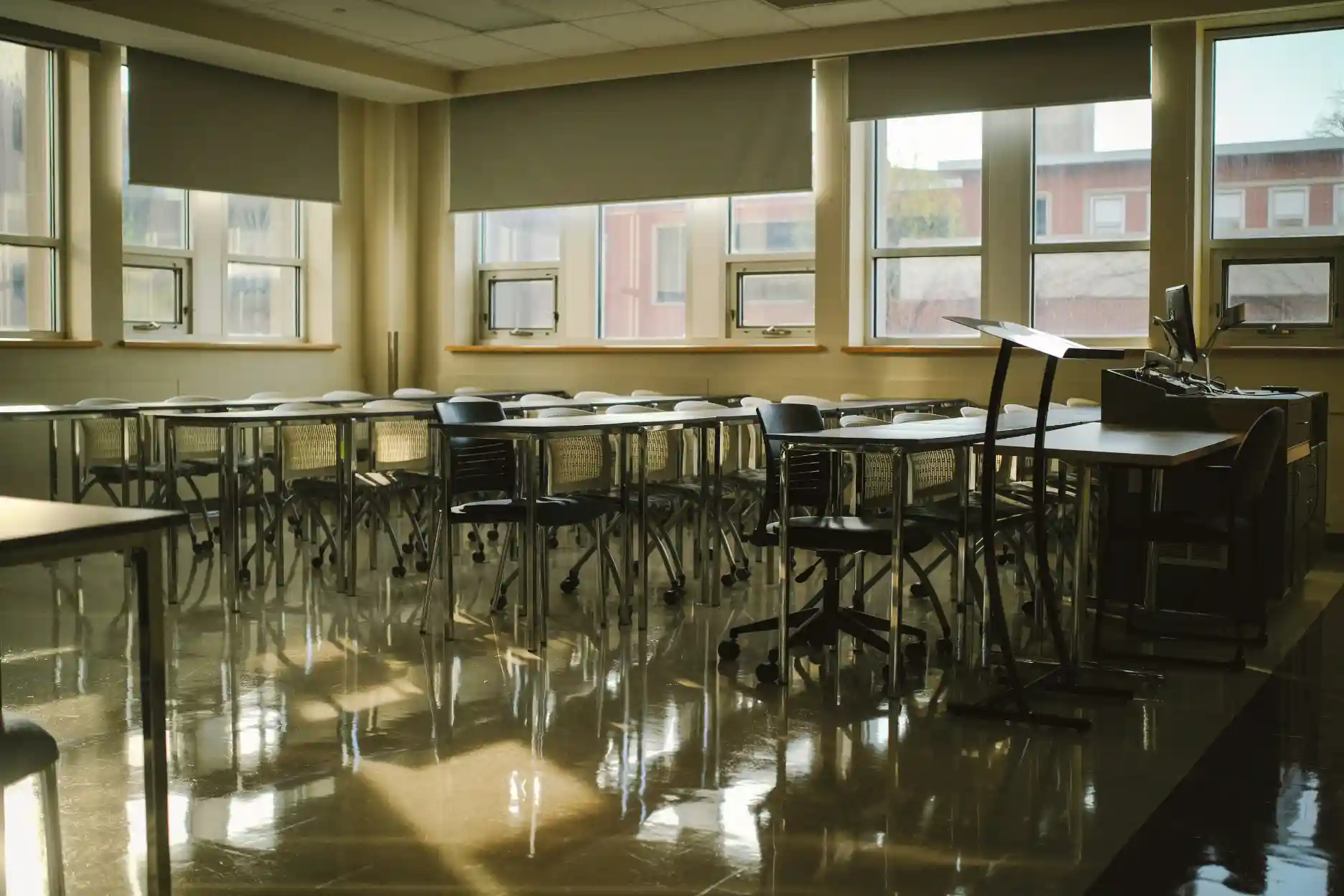



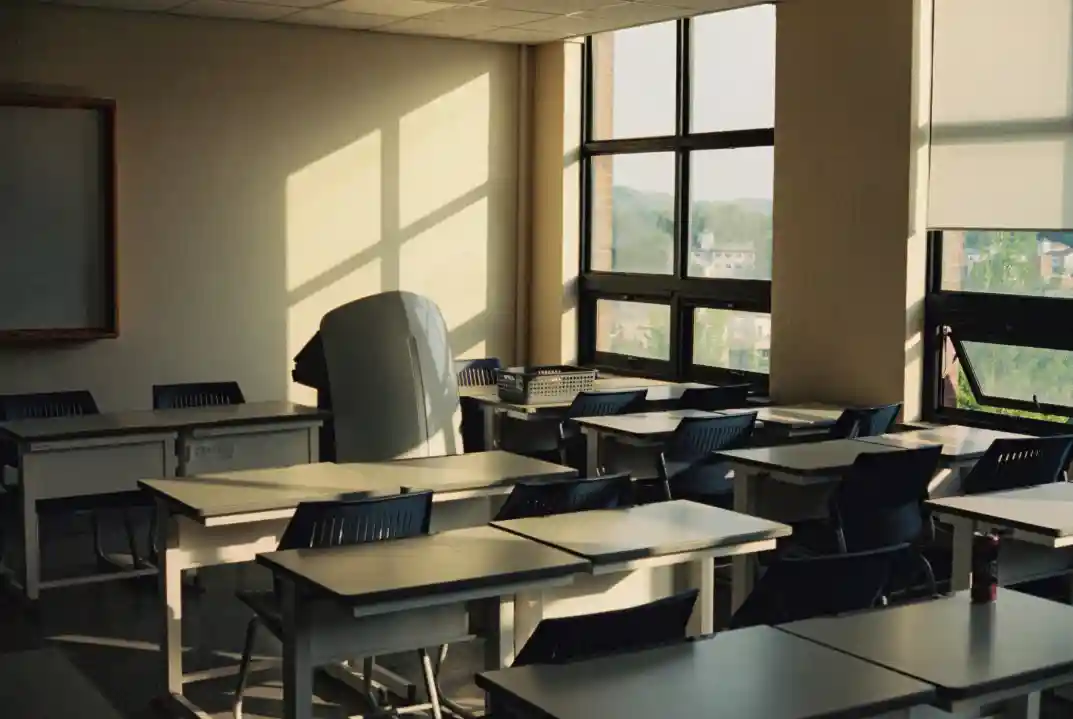


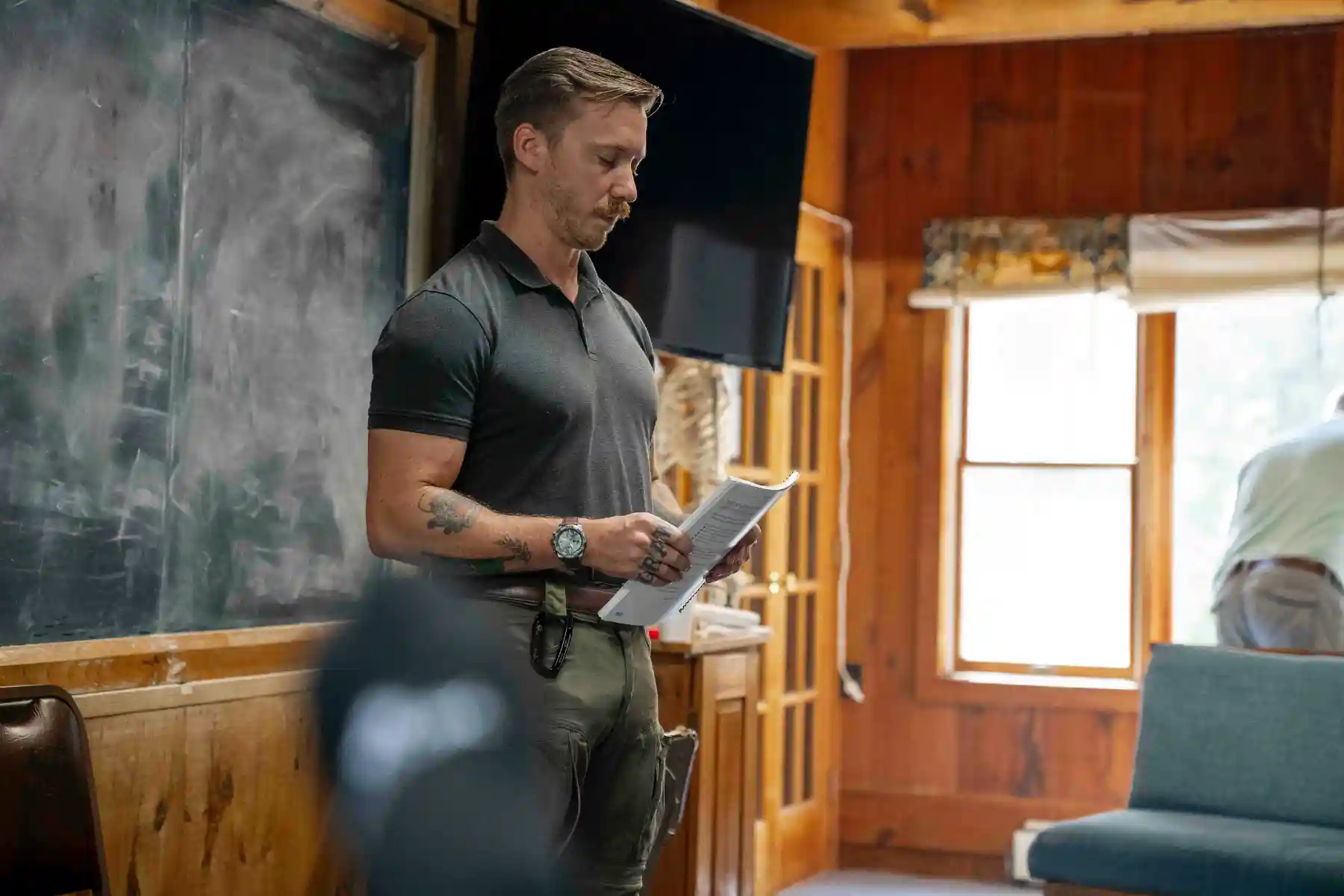
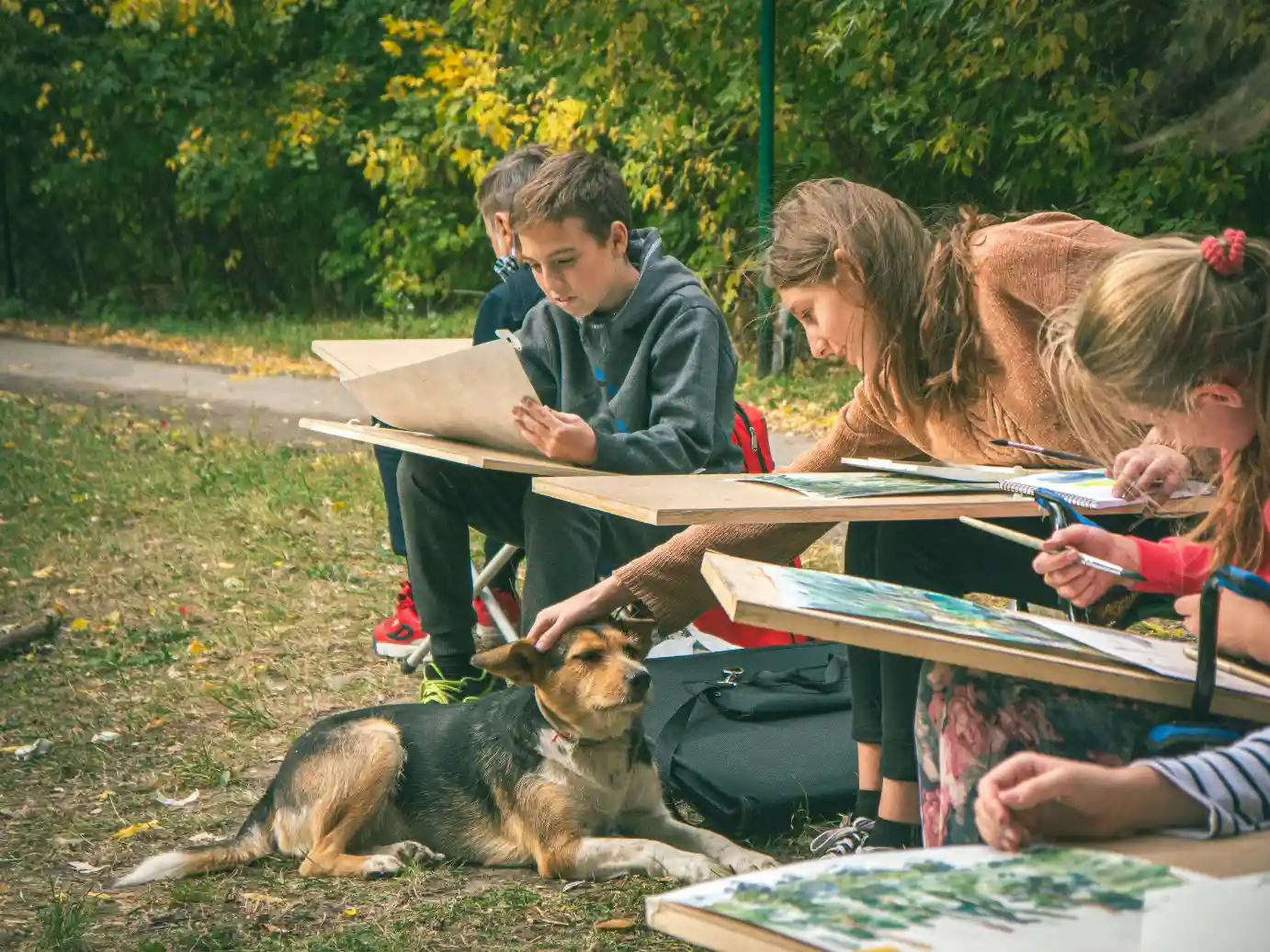

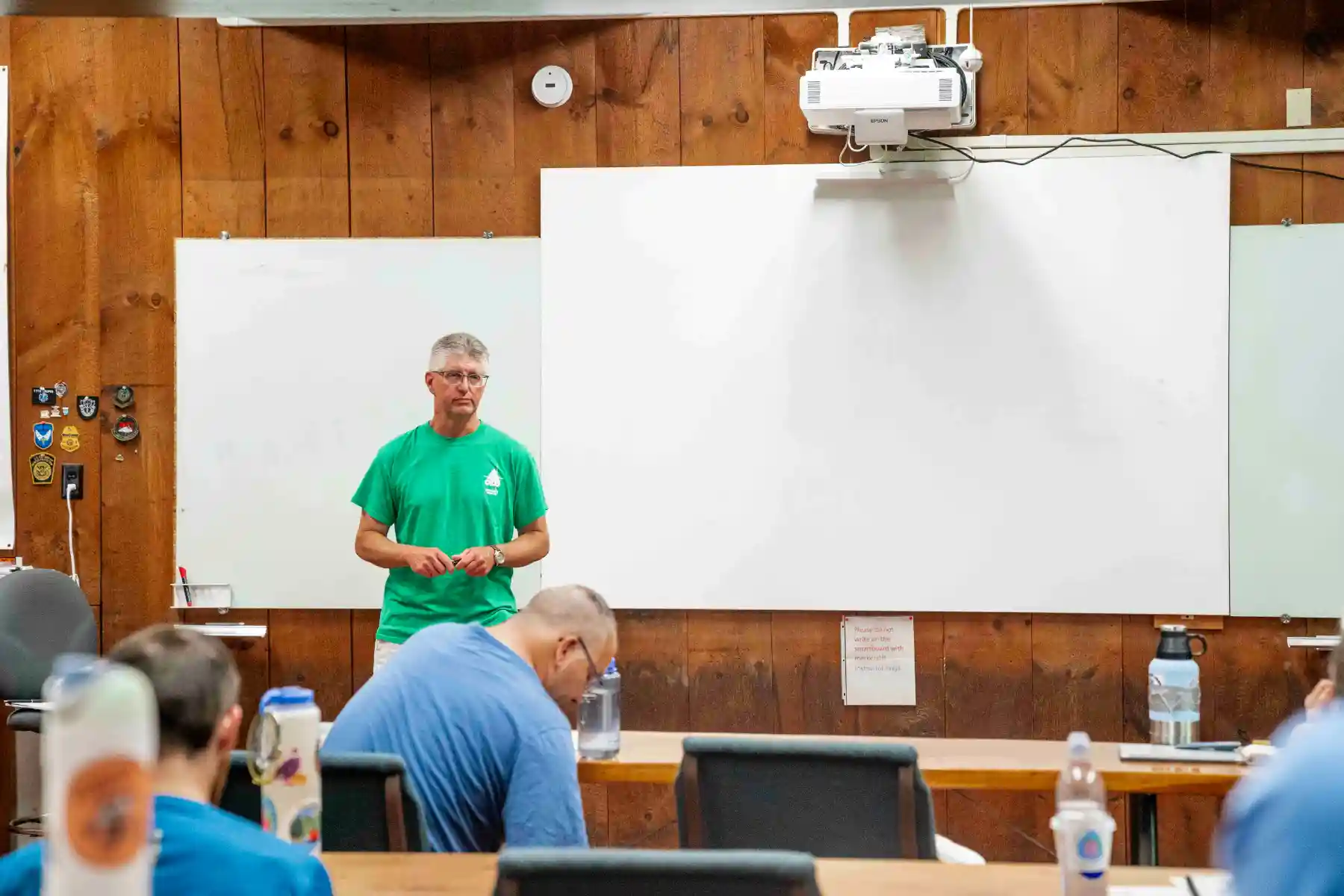

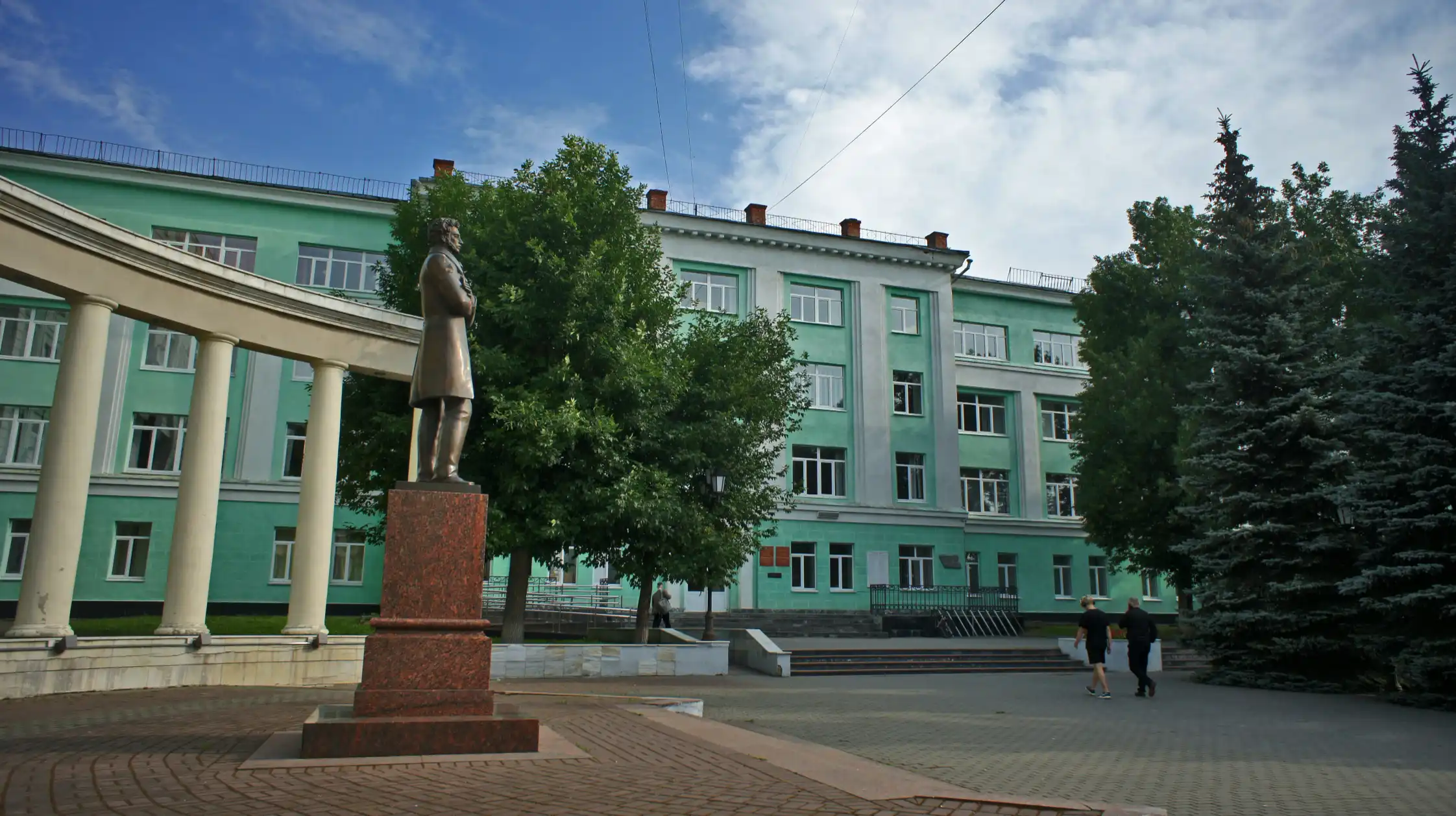
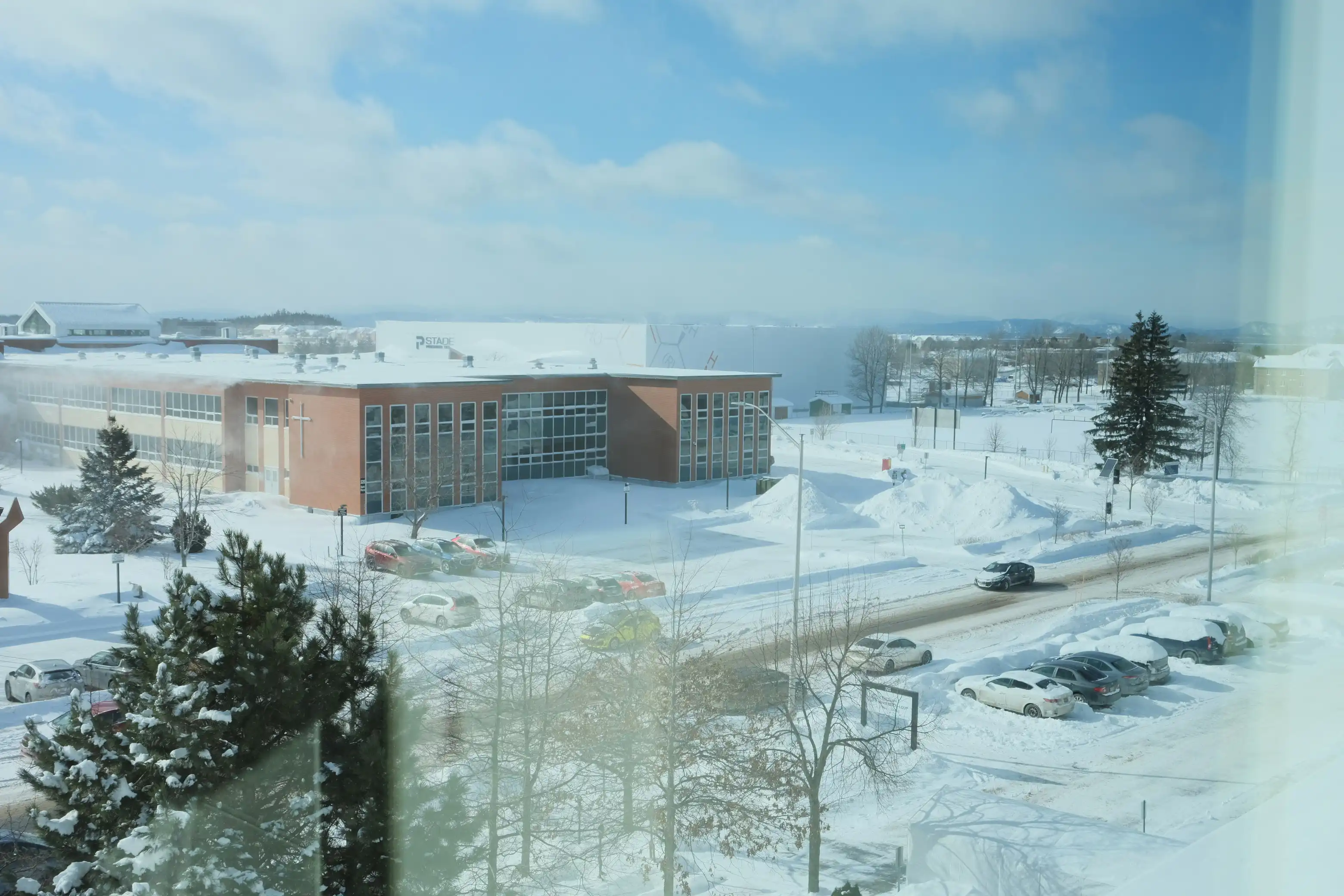
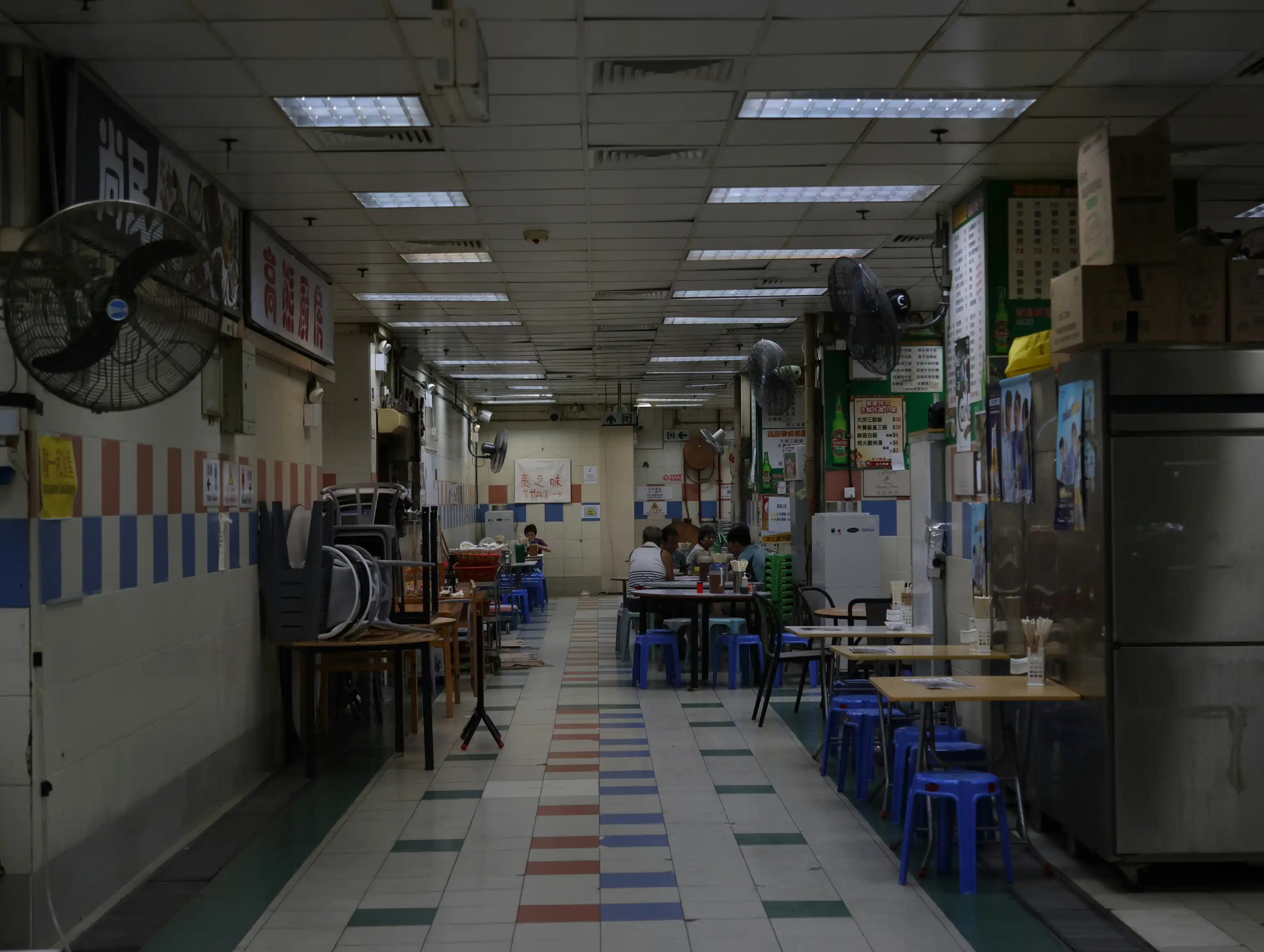
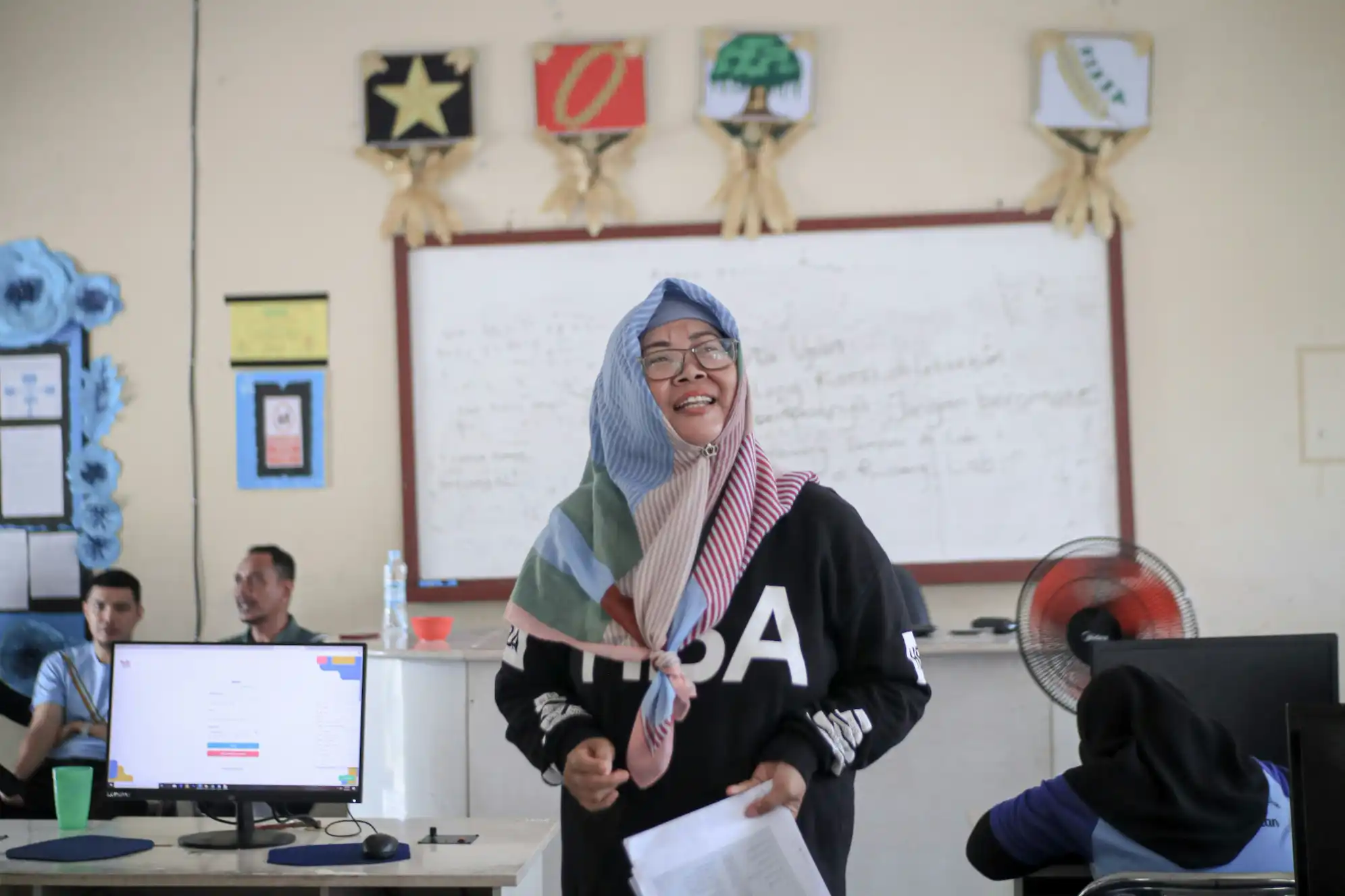
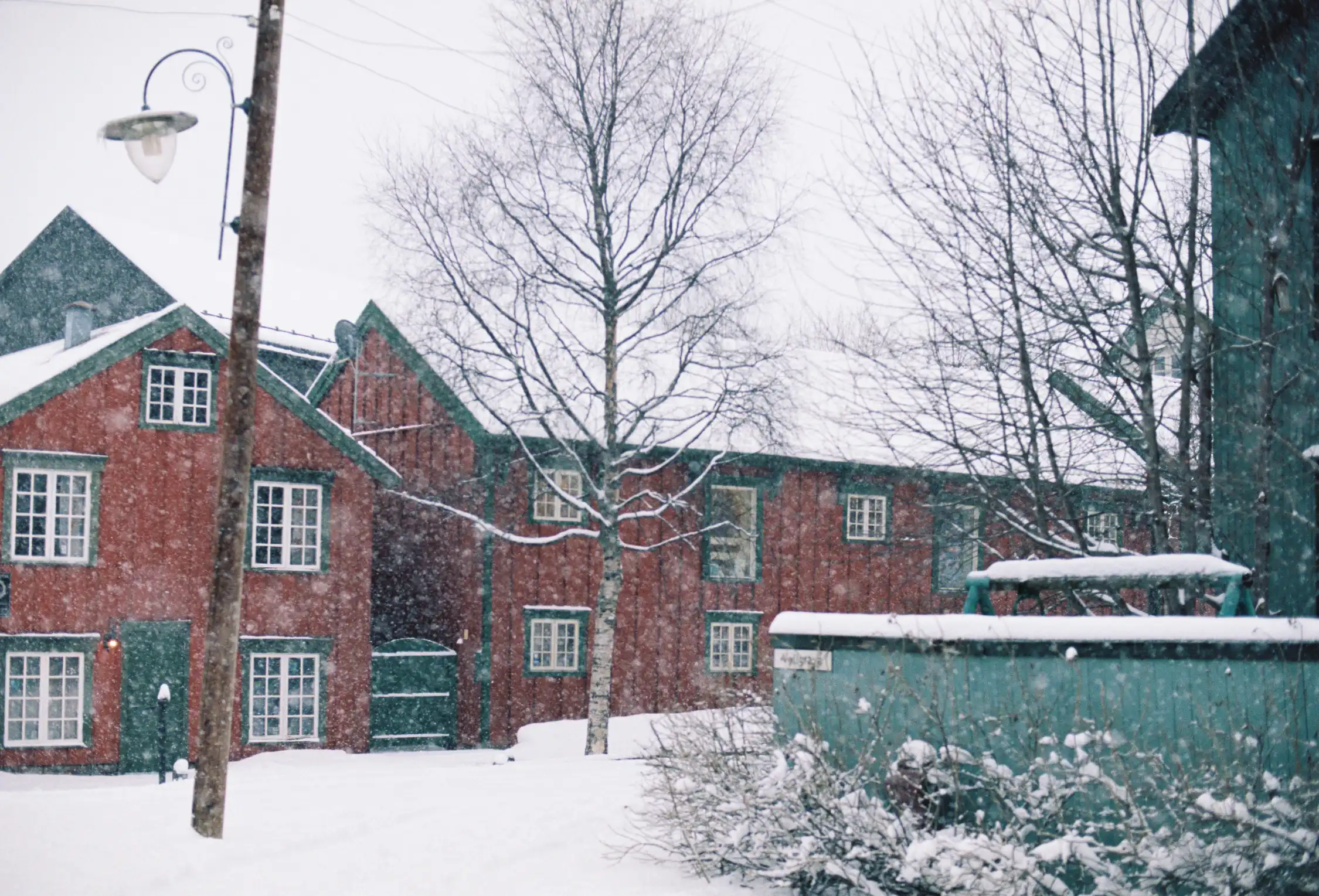
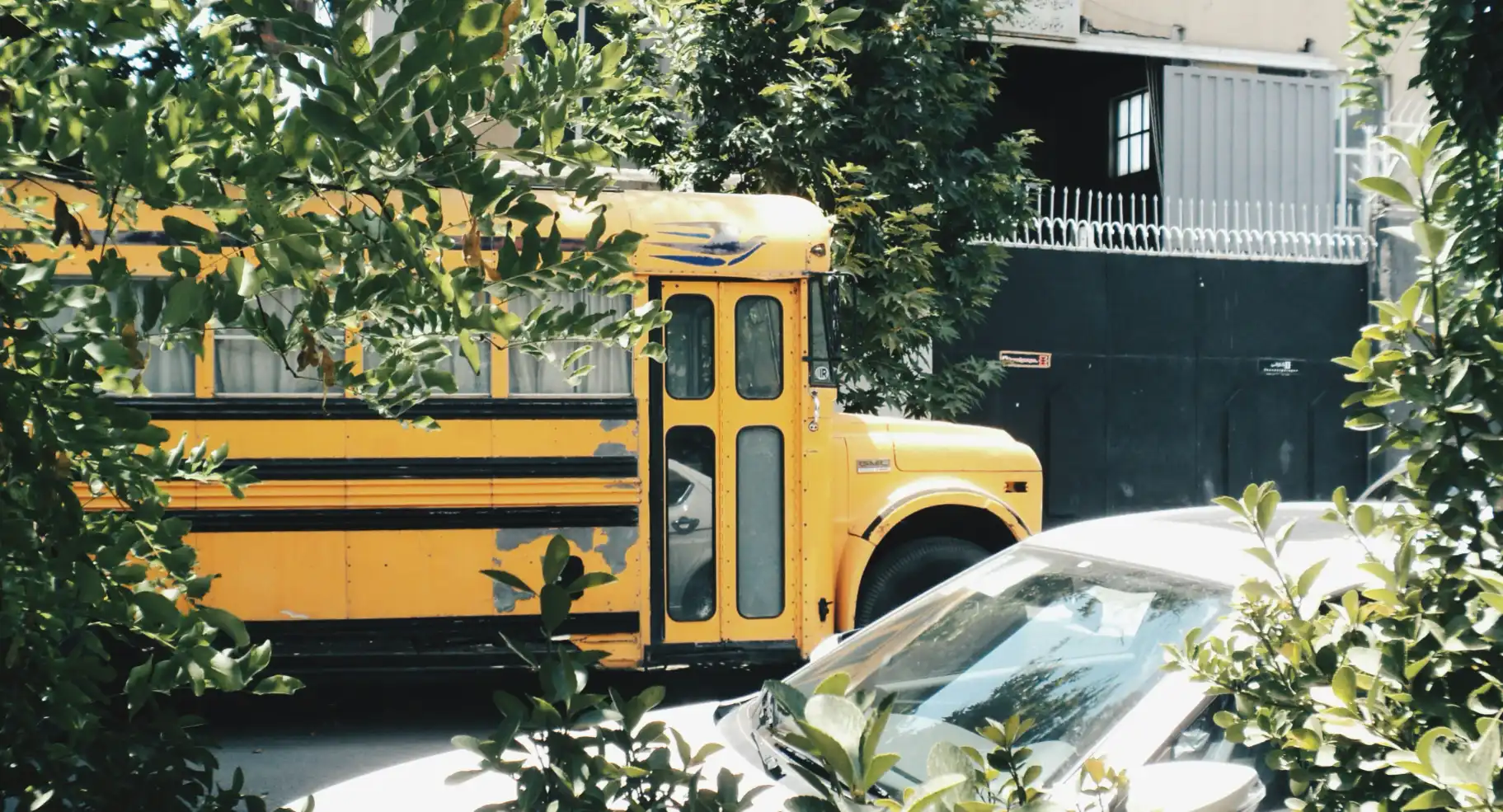

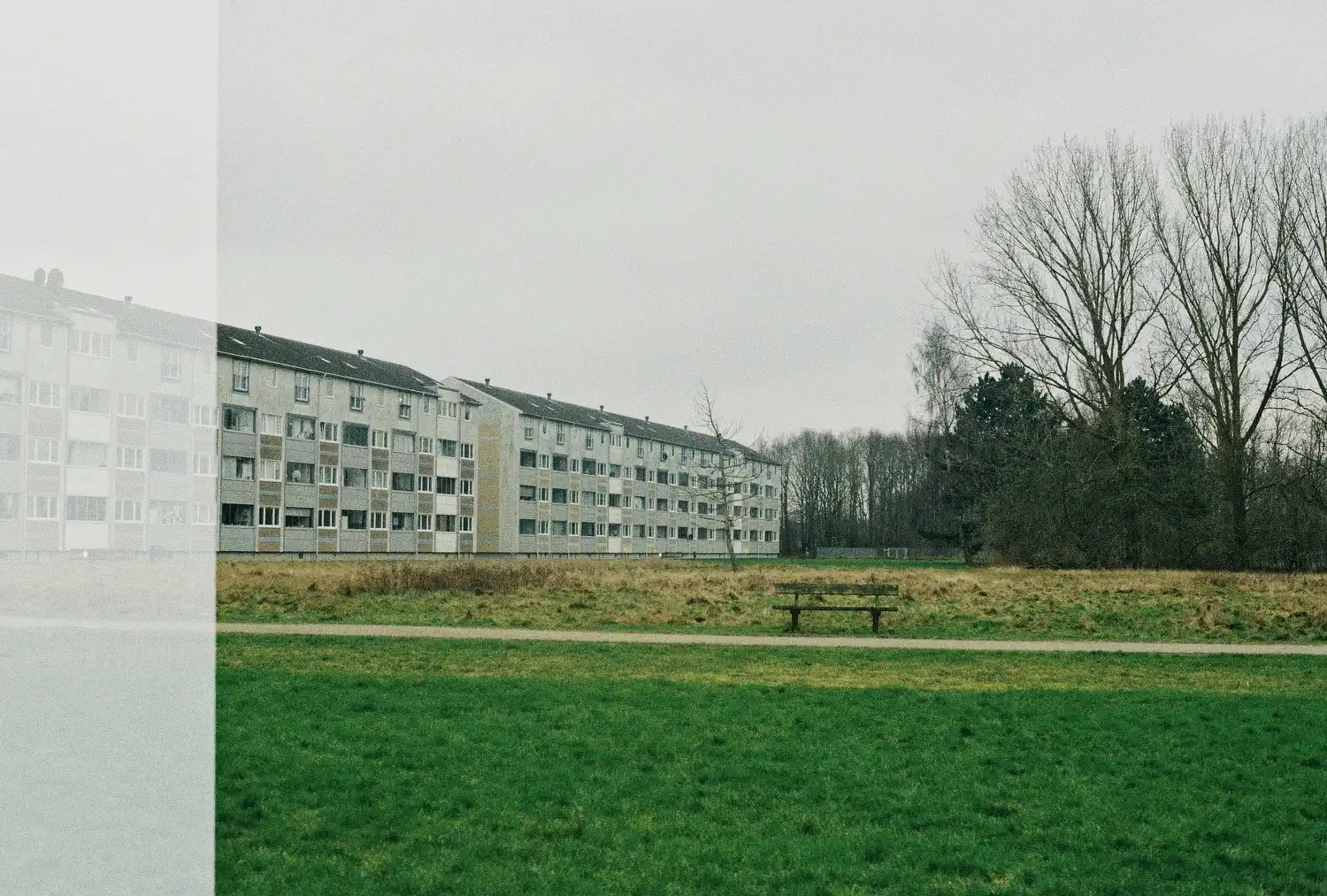

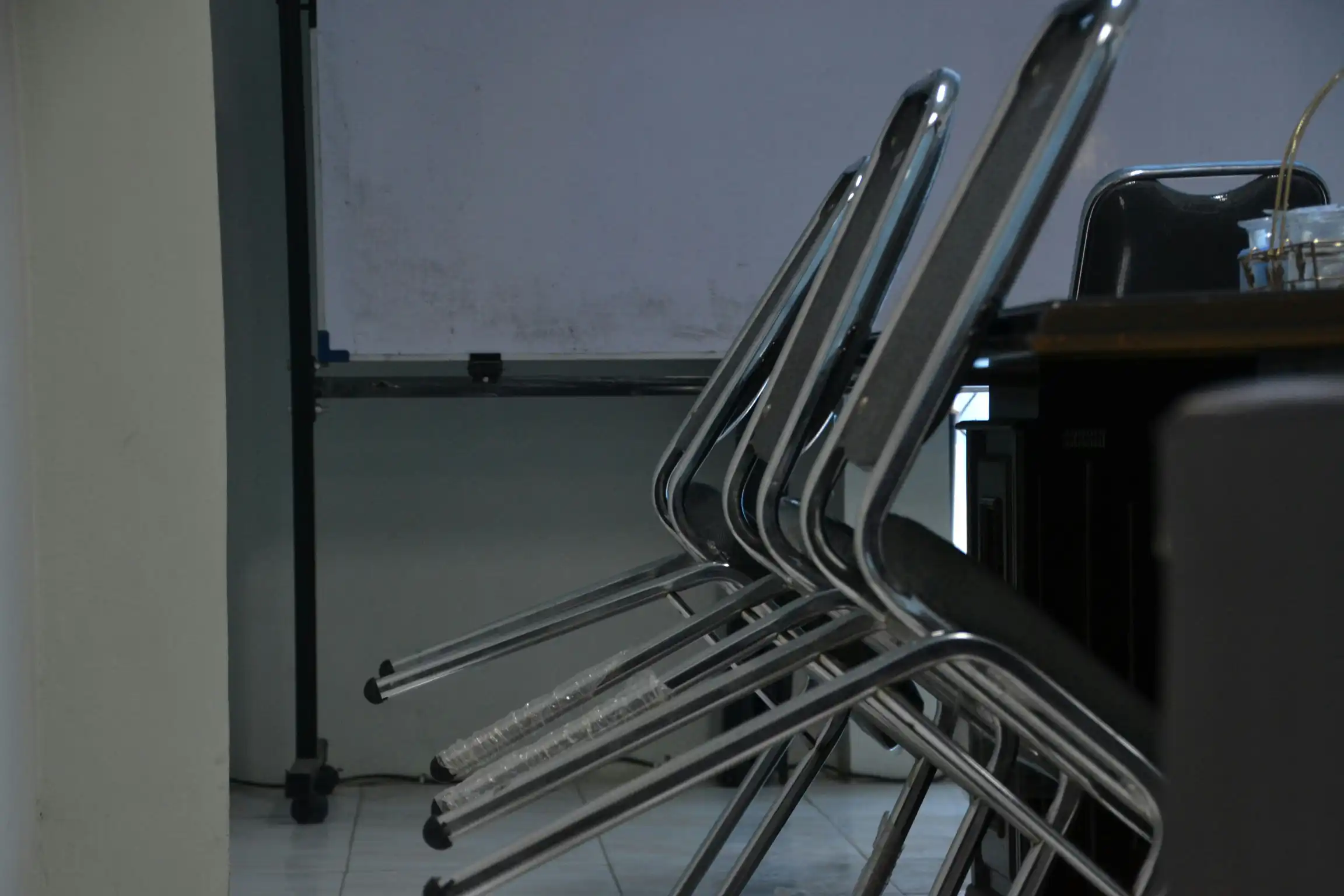
.webp)



%20.webp)














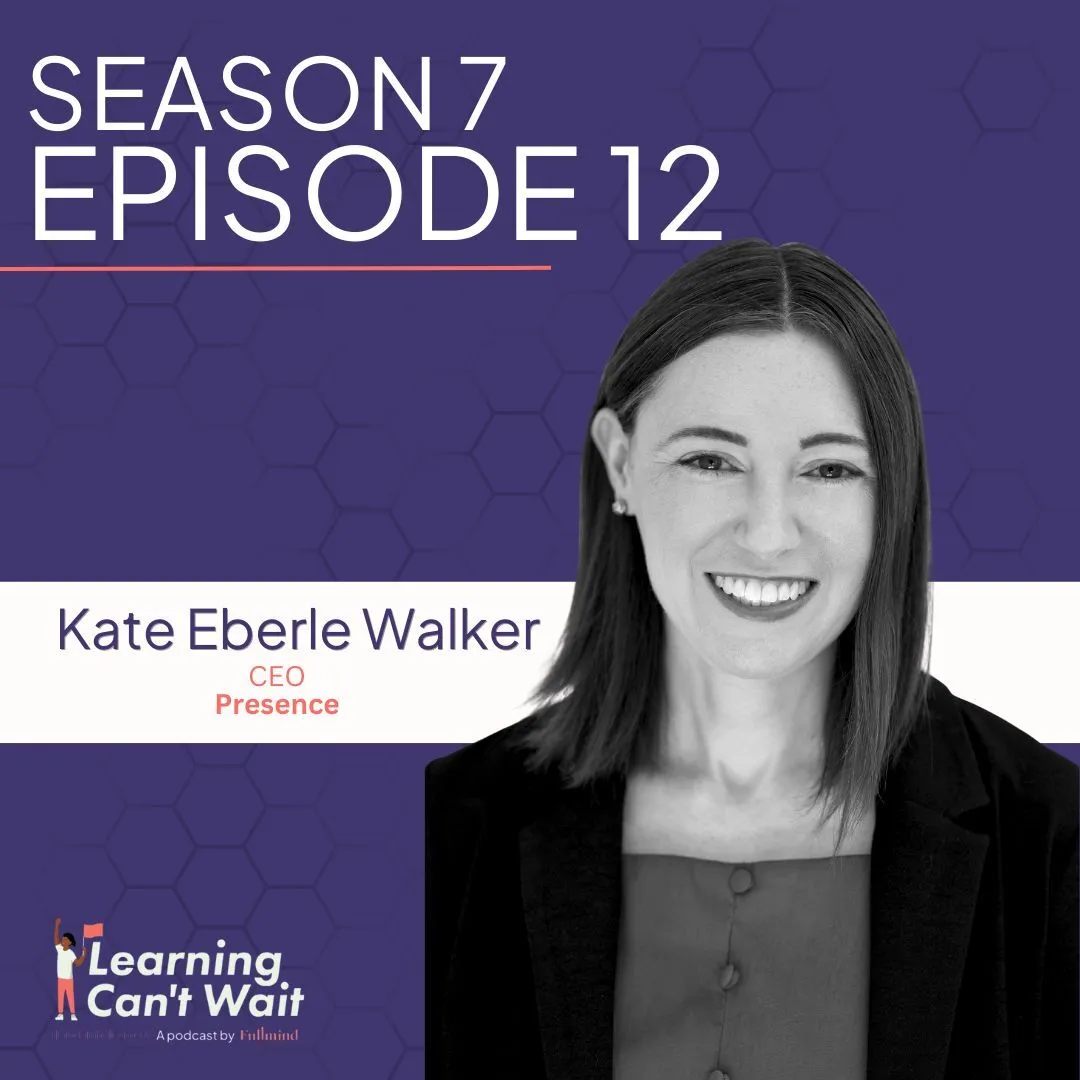










.webp)
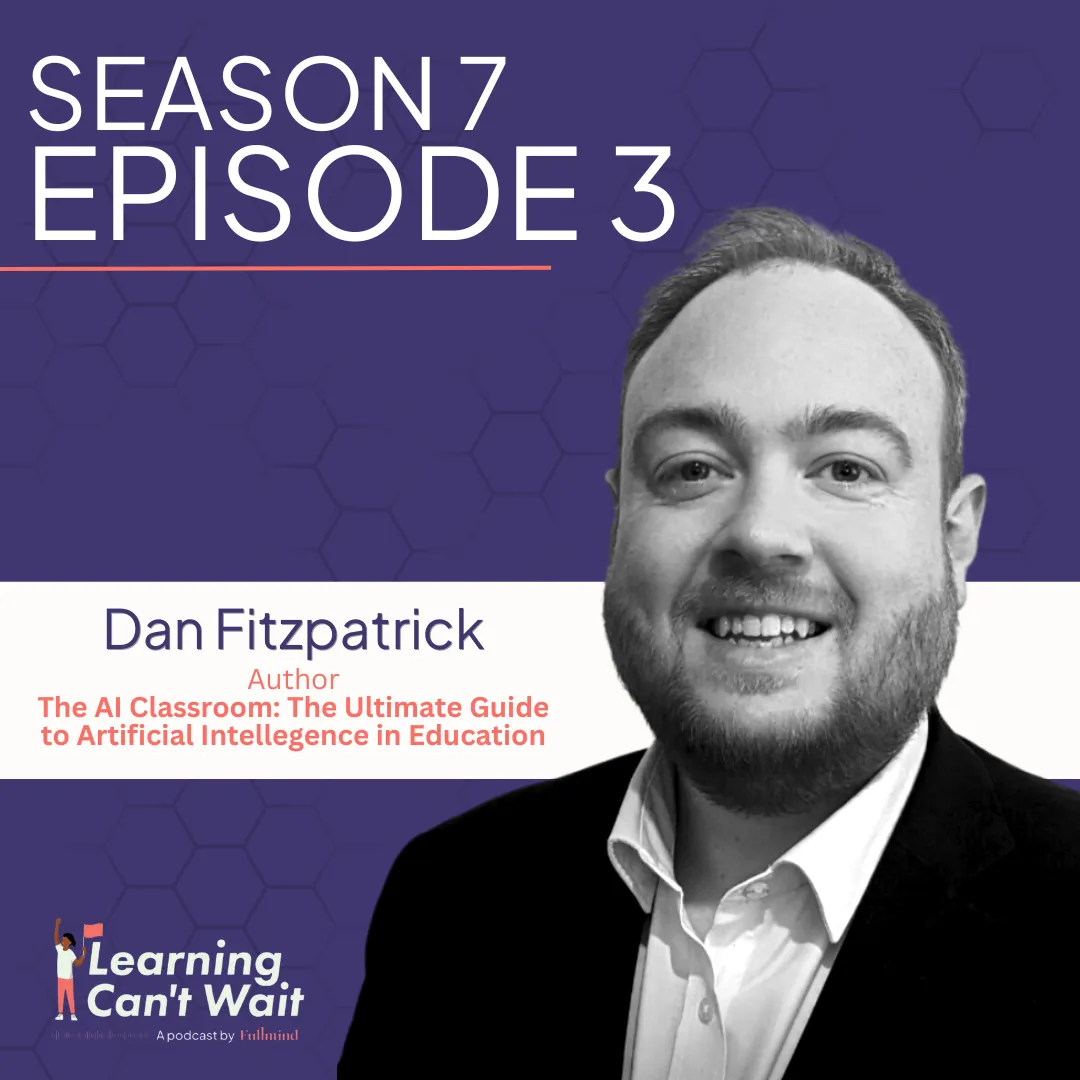
.webp)

